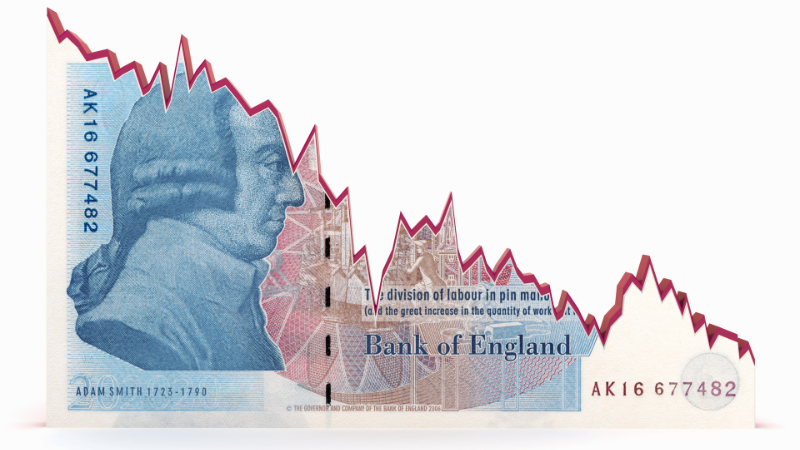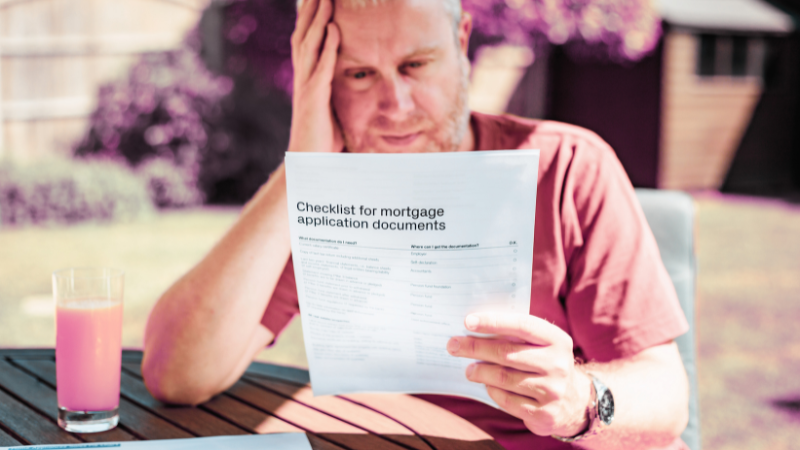Tracker vs Fixed Mortgages UK

When buying property in the UK, you’ll need to decide which type of mortgage is right for you.
- Capital Repayment Mortgages in UK
- Interest Only Mortgages UK
- Part and Part Mortgages aka, Part Capital and Part Interest Mortgages
- Interest: Variable vs Fixed – What’s the Right Choice for Your Property Purchase?
- The Big Question: How to Choose Between Fixed and Variable Rates
- Choosing Between Incentive Periods
- Tracker vs Fixed Mortgages UK Conclusion
Tracker and fixed mortgage are common options, but there are others to choose from.
With many mortgage deals to choose from and interest rates that fluctuate depending on the lender or deal type, it’s important to know your options and which are best suited to your financial situation.
There are three main types of mortgages in the UK:
- Capital repayment mortgages
- Interest only mortgages
- Part and part mortgages
Capital Repayment Mortgages in UK
Capital repayment mortgages have a simple loan format. The total amount that you borrow, along with the interest, is split over the mortgage term.
For instance, if you take out a 30-year mortgage, by the end of the 30 years, you’ll have paid off the entire debt, including the interest.
The first years of the mortgage are focused on paying off the interest amount; then, as the mortgage ages, you’ll end up paying the actual debt balance.
Interest Only Mortgages UK
For many, an interest only mortgage UK is a win, but they’re not as easy to get as they were a few years ago. Those who get them do so because there’s a solid plan to get the capital paid.
If you do manage to get an interest only mortgage, you’ll only focus on paying the interest amount of the debt for the entire term of the loan.
When the term ends, you’ll have only paid the interest and will be expected to pay the actual debt off in a lump sum.
You’ll need to prove that you can build up the lump sum in some way over the mortgage term. Mortgage providers expect you to illustrate how you’ll pay off the mortgage.
Most buyers with an interest-only mortgage rely on accrued savings to cover the final lump sum, while others rely on the sale of an asset or profits from investments.
Part and Part Mortgages aka, Part Capital and Part Interest Mortgages
A part-and-part mortgage is the rarest of them all, offering buyers the opportunity to pay off part of the interest as you go and part of the capital amount as you go.
At the end of the term, there will still be a lump sum to pay, but it will be much smaller than an interest-only mortgage.
This is ideal if you have savings or an investment that can pay off a large portion of your mortgage but not all of it.
One of the perks of part and part mortgages is that they offer lower monthly installments than a repayment mortgage, and there’s less capital to settle at the end of the mortgage term than with an interest-only mortgage.
DON’T RELY ON THE NAME OF THE MORTGAGE TO MAKE YOUR DECISION.
Interest: Variable vs Fixed – What’s the Right Choice for Your Property Purchase?
Variable Rate Mortgages
To put it simply, nothing is set in stone when it comes to variable rate mortgages – the interest rate will fluctuate depending on what’s happening within the UK economy.
There are three main categories that variable rate mortgages fall into:
- Tracker
Tracker mortgages don’t have the same rate as the Bank of England but fluctuate along with it. For many, this provides peace of mind as only the economy can cause your interest rate to change.
- Standard variable rates
All lenders have a standard variable rate that they can influence. This may loosely follow the movements of the Bank of England’s base rate (usually set at 2 to 5 points above the base rate).
In most instances, a borrower will be offered a reduced rate for a fixed period, and then when that period is over, they will be shifted onto the standard variable rate.
Unfortunately, while these mortgage types are often unavoidable, they’re expensive and volatile as the lender can decide when to move its rates. There is a big plus side, though.
If you plan to pay off your mortgage earlier than agreed, there’s usually no penalty for this. First-time buyers often can’t get access to standard variable rates.
- Discounts
Discount mortgages aren’t available to everyone, but for many, they’re attractive.
These are mortgages provided at a discounted rate from the standard variable rate, but only for a short, fixed period.
The period is usually 2 or 3 years, but some lenders offer longer options.
Discount mortgages are often advertised using industry jargon, so it’s best to make inquiries to ensure you know precisely how much you’ll be paying.
The Big Question: How to Choose Between Fixed and Variable Rates
Industry experts will tell you that there’s more to choosing a mortgage type than just looking for ones that appear to be the cheapest.
The best way to determine which option is best for you is to look at your finances and see if you’ll be able to maintain good standing on your mortgage if the interest rate hikes.
For most, a fixed rate mortgage provides a sense of security. It gives the buyer peace of mind that they know exactly how much they will spend each month, regardless of fluctuations in interest rates.
But this can also mean losing out on a saving when the interest rate is cut or dips.
If you can only just afford the expected installments on your mortgage, it may be advisable to fix the rate as fluctuations could put you out of pocket and over-stretch your budget in the end.
If you have a lot of additional income and can easily afford your mortgage installments with plenty to spare, you may be in a better position to think about variable rates.
Choosing Between Incentive Periods
Mortgage providers in the UK like to keep things interesting by offering incentive periods over which time your rate is fixed or discounted.
These are not usually for the full term of your mortgage (although some lenders may offer this).
In fact, depending on the discretion of the lender, you may be able to access an incentive period between 2 and 10 years.
If you’re offered options, you may think that choosing the longest incentive term is best, but this could end up costing you unnecessary amounts in the end.
Tips to help you decide:
- Don’t rely on the name of the mortgage to make your decision – always check the finer details. For instance, some 2-year fixed deals may end sooner than 24 months.
- New mortgage deals come with arrangement/establishment fees, so avoid switching between deals and mortgage companies too often or your expected savings could be surpassed by fees.
- Investigate the rates on longer term fixed rates as sometimes, because of industry competitiveness, they’re on par with the shorter terms.
- Avoid long term fixed rates if you intend to sell the property in the near future, as these mortgages may come with early settlement or similar fees that could eat into your budget.
- Even though the monthly instalment amount may seem low, always check the final cost of your total mortgage. Longer mortgage periods mean more interest – which means a more expensive mortgage in the end.
Mortgageable offers a free Equifax Credit Report as part of its service, with no obligation to proceed. Something worth considering.
Tracker vs Fixed Mortgages UK Conclusion
The only person who can determine the best type of mortgage for you is you, and of course, with the help of a professional mortgage broker.
While you may have insider information about your budget and affordability, the complexities of a mortgage, how they’re calculated, and how the interest works can be misleading or overwhelming.
Consulting with a mortgage broker about your options and the financial implications attached to each is a step in the right direction.
Call us today on 03330 90 60 30 or contact us to speak to one of our friendly advisors.
















